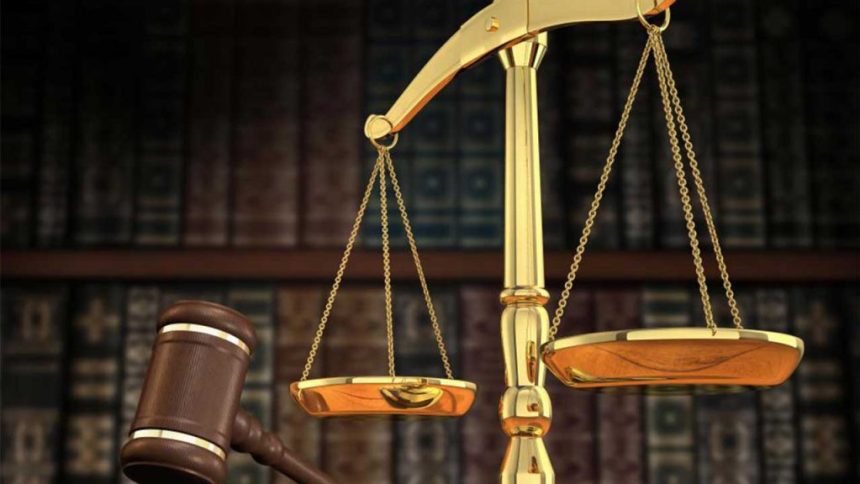A group of property owners in the Alagbaka Extension Government Reserved Area (GRA) of Akure, Ondo State, has raised concerns over what they describe as a premature enforcement of a land judgment, despite an ongoing legal battle at the Supreme Court.
The dispute centers on a 2017 ruling in favor of the Olokunjuwon family, which granted them ownership rights over portions of land currently occupied by various landlords. However, the affected homeowners, represented by Olusola Aladesuyi, Tunde Oyinloye, and Olusegun Adu-Peters, have appealed the decision and secured a stay of execution from the Ondo State High Court, pending the Supreme Court’s final verdict scheduled for March 2027.
Justice Adegboyega Adebusoye, who issued the stay of execution, emphasized that halting enforcement actions preserves the integrity of the judicial process and prevents the hierarchy of the court system from being undermined.

Despite this order, the landlords allege that representatives of the Olokunjuwon and Umelu families have been issuing notices demanding land ownership regularization. These notices, which include postings on residential gates and walls—including that of Governor Lucky Aiyedatiwa’s private residence—have been described as “intimidating” and “in contempt of court” by the Landlords Association.
Chairman of the association, Mr. Fred Ojo, expressed concern over what he sees as deliberate attempts to enforce possession while the case remains unresolved at Nigeria’s apex court. He accused an individual identified as O.V. Omotayo of signing and distributing the notices, a move the landlords claim undermines both legal and ethical boundaries.
“The stay of execution remains valid until the Supreme Court rules on the appeal. Any attempt to enforce land claims during this period is a breach of judicial decorum,” Ojo said.
He reiterated the community’s commitment to pursuing justice through legal channels and warned against any action that could be interpreted as obstructing due process. The case, filed under suit number SC/CV/1151/2022, continues to generate legal and public attention as it affects prominent residents and long-standing property owners in the state capital.



